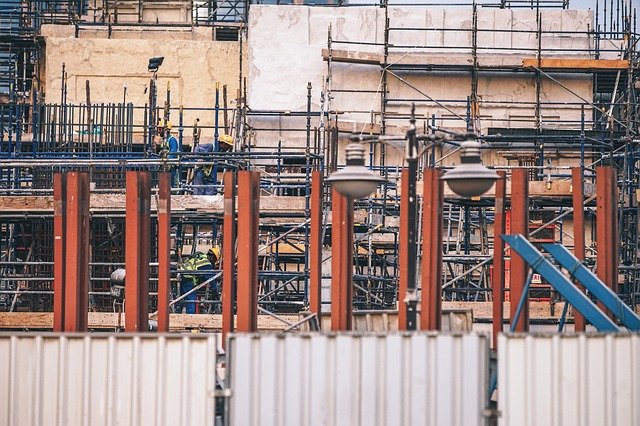For quite some time, the Indian real estate sector has been aggressively using technology to improve client experiences. The sector is depending on new-age digital and construction technology to get through the second wave of the Covid-19 pandemic, which hit while it was still recovering from the first. Adoption of new technologies has become a necessity, especially in light of RERA, which emphasizes the importance of timely project completion.
As demand for high rise buildings increased traditional methods of construction proved to be a inadequate, causing delays and poor quality of construction. The quality of construction also reduced as volume of construction increased. It also led to large amounts waste and water and air pollution. New technologies are playing a crucial role in India’s property markets, which need transformation. Not only construction, but also design, the property acquisition process, and other building technology can help in the modernization of India’s real estate.
India is one of the world’s fastest expanding construction markets, growing at a rate of 7-8 per cent every year. By 2025, the segment is expected to be the third-largest in the world, with a market value of $1 trillion. It’s time to turn to advances that will allow for a better and faster design process, and more comprehensive planning and visualisation, simulation, and construction.
While the Indian real estate sector is not opposed to embracing cutting-edge construction technology, it varies from developed markets in that many of these methods are indigenized and made more cost-effective for unit construction costs to remain affordable to homebuyers. However, we are employing the technologies to ensure that the buyers get their property on time and in a robust shape.
The most-used technology is the Mivan shuttering, which has the potential to encourage mass construction operation. Aluminum shuttering formwork system or Mivan Shuttering, which was used in foreign countries like South Korea, seemed promising and could help in combating problems faced with traditional construction technology; it solved a lot of the problems with traditional construction methods. Slab casting time was drastically reduced from 20-25 days to 7-8 days. Due to this formwork, brickwork, internal and external plaster, was abolished as it replaced by RCC. Aluminum formwork also decreased waste generation,water and air pollution. Aluminum also being a recyclable material reduces usage of wood.
Demand for faster construction and world-class quality is increasing as the industrial, residential, and commercial sectors increase. To accommodate this rising demand, it has become necessary to employ fresh products and technology. With new materials, building technology, digitization, and artificial intelligence transforming the way we envision, create, and use our buildings, India’s construction industry is on the verge of disruption.
Mivan’s speed of development is 7 days/floor against the conventional Minimum 21 days/floor. The construction method’s quality of surface finish is excellent, whereas, in conventional, Putting is required. Above all, Mivan Technology provides good seismic resistance compared to lesser resistance from conventional formwork. Since there are a lesser number of joints, the building faces reduced leakages, hence requiring negligible maintenance.
To make housing more accessible, innovative building technology that can cut construction time and cost must be prioritised. This is where Mivan Shuttering can help. In addition to saving time and money, technology can ensure building efficiency and power. The first and most important benefit is that it reduces building time when compared to traditional methods. The method increases the seismic resilience and endurance of the constructions. Because there are fewer joints, the building has fewer leaks.
New construction and real estate technologies are being developed at breakneck speed. Connected equipment and tools, telematics, mobile apps, autonomous heavy equipment, drones, robots, augmented and virtual reality, and 3D printed buildings are all being implemented and employed on construction sites throughout the world.
The conventional design-bid-build method is being phased out in favour of new technological advancements that streamline and speed up the construction process. Each construction site is unique, with its own set of risks and issues. As in the case of manufacturing and retail, this makes simplifying operations and enhances efficiency.
Image by Igor Ovsyannykov from Pixabay





Leave a Reply